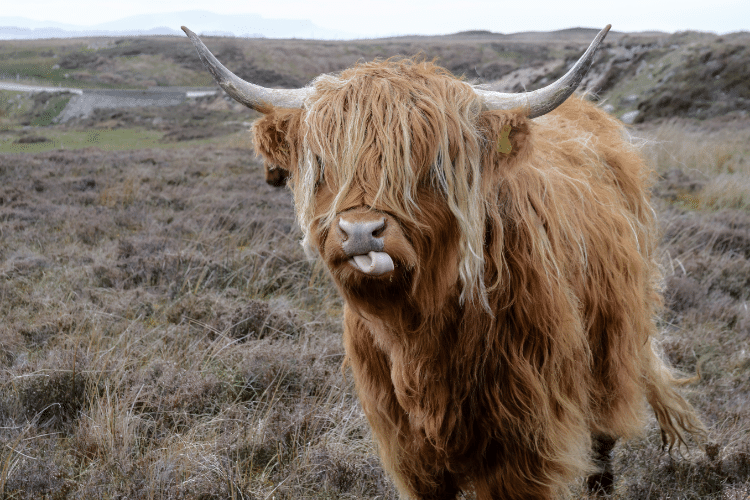Heads up! I’m NOT a doctor or nutritionist. I’m not giving you any medical advice or dietary recommendations here. Check with your doctor before you make any changes to your lifestyle, diet, or supplement regimen.
What have you eaten today?
Many of us – due to a busy work schedule with no time for meal planning, or picky kids who only eat mac ‘n’ cheese and cheerios, or our own sweet tooth that has us absent-mindedly reaching for our third cookie of the day – have far from a “perfect” diet.
But the reality is – good nutrition plays a part in healthy hair. If you’ve experienced hair loss as a result of iron overload, then you know that even a single mineral out of balance can diminish your hair.
So, do you know what nutrients you need to grow it back?
While you might be tempted to do a quick internet search to find the best deal on hair growth vitamins and then start popping ’em in your mouth, I can tell you from experience that you’d have to sort through countless products that are either ineffective or downright dangerous for anyone with iron overload.
That’s why I did the searching for you.
I sent myself on a mission to find nutrients that are beneficial not only in terms of hair growth, but also in regard to healthy outcomes for people with iron overload.
Let’s chew over the essential vitamins, minerals, and nutrients that…
a) you need to grow hair
b) are safe for the hemochromatosis diet.
I’ll also offer suggestions on taking supplements if you know you need an extra boost beyond simply “eating right.” Ensuring you don’t miss anything by safely adding the correct supplements to your diet can aid the regrowing process (with your doctor’s permission!).
But first, what NOT to do:
HAIR GROWTH SUPPLEMENTS TO AVOID
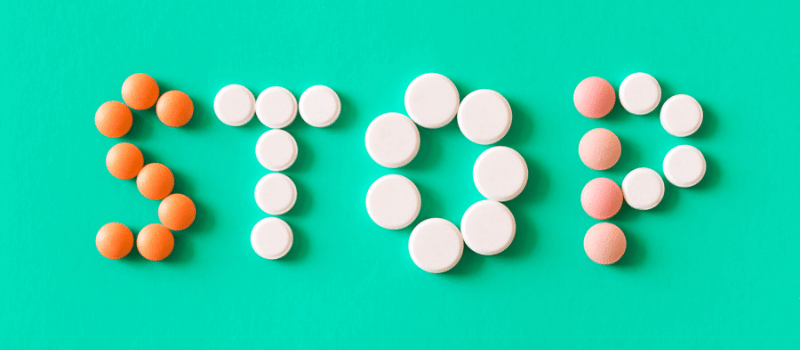
Right away in my research, I noticed that many of the most touted hair regrowth supplements are definite “no-nos” if you have hemochromatosis because they contain one or more of the following:
- Iron
- Iron-enhancers
- Ingredients without enough research
IRON
While iron supplements can be helpful for a lot of people, they’re not helpful AT ALL for us. In fact, the most popular hair supplements on the market are packed with iron – the exact opposite of what you need.
For example, Hair la Vie’s Clinical Formula Hair Vitamins contain 100% of the recommended daily value of iron. A big NO THANK YOU. Same goes for other trendy brands like Viviscal and Philip Kingsley – both of these brands list iron as a top ingredient in their hair-growing formulas.
IRON-ENHANCERS
Make sure you read labels to look for these! For example when I first saw Briogeo’s hair supplements advertised as “omega 3, 6, 9 + biotin supplements” I was stoked on the ingredients…but on further inspection I saw that one serving contains 66% of the daily recommended dose of vitamin C. Another highly recommended hair growth supplement – Nutrafol – has high levels of both vitamin C and beta carotene.
For normal people, these vitamins could be great! For people with hemochromatosis, vitamin C and beta carotene are two of the trickiest supplements to take.
Doctors and hemochromatosis organizations alike say to AVOID these supplements entirely if you have hemochromatosis.
Why?
Because vitamin C and beta carotene enhance iron absorption.
While getting these nutrients naturally in your diet is good and healthy, supplements provide highly concentrated doses that can seriously increase your uptake of iron from the foods you eat.
INGREDIENTS WITHOUT ENOUGH RESEARCH
There are plenty of other “hair growing” supplements packed with a mile-long ingredient list including molecular compounds, proteins, extracts, and chemicals I’d never heard of.
I couldn’t find enough legitimate research on these ingredients or on how effective they are at at growing hair (according to real scientific studies, not just what some YouTube reviewer says), or on contraindications for people with hemochromatosis, so I decided to x-nay those from my potential list of “YES”s.
BEST HAIR GROWTH SUPPLEMENTS
(FOR ANYONE WITH IRON OVERLOAD)
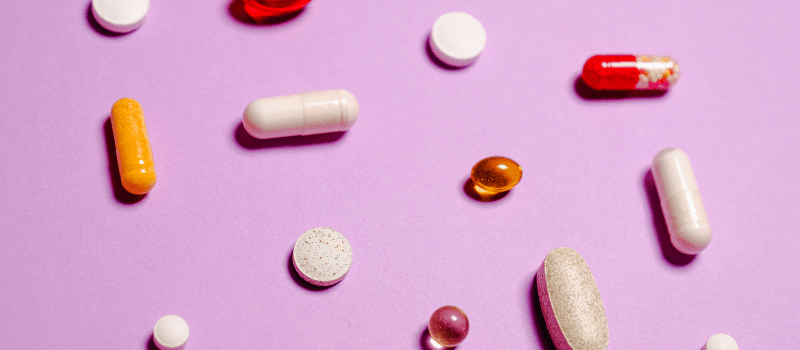
After seeing so many supplements that were not an ideal fit for people with hemochromatosis, I thought, there’s GOT TO BE A BETTER SOLUTION to getting a thicker head of hair that’s backed by science, as well as trouble-free for a person with iron overload.
After a deep dive into the best ingredients for hair growth that are ALSO safe for iron overload, I’ve rounded up the top nutrients to remedy hair loss. Everything you see below is safe to consume anywhere, anytime and I believe works well for anyone with hemochromatosis (but please remember folks, I’m not a doctor or nutritionist, just a wellness-lover.)
THE WINNERS
Vitamin D
Vitamin E
Black Currant Seed Oil
Procyanidins
Biotin
Green Tea
Plant-Based Protein
CBD Oil
THE RUNNER UP
Zinc
VITAMIN D
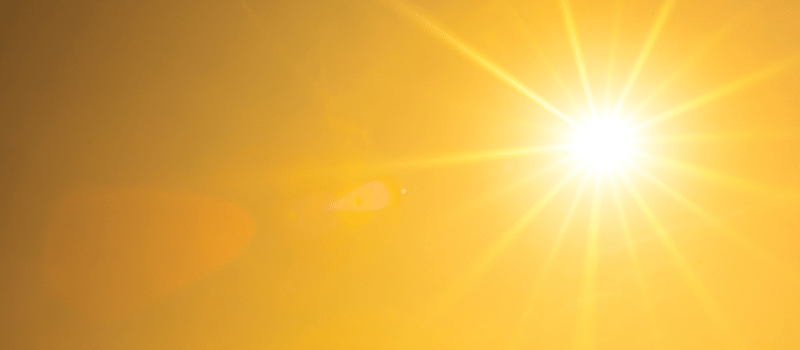
GOOD FOR HAIR?
Having low levels of vitamin D is directly linked to hair loss because of its relationship to both your scalp and your hair follicles.
Your scalp needs vitamin D to perform basic functions like synthesizing hormones and absorbing nutrients. Every single hair follicle has a vitamin D receptor attached to it, which is why vitamin D is vital for a normal hair growth cycle. Treating hair loss with vitamin D actually formulates new hair follicles and preserves old ones, so it makes sense that supplementing can improve hair growth.
GOOD FOR HEMOCHROMATOSIS?
Sanford Medical Center’s “Nutrition Support of Hemochromatosis Therapy,” strongly emphasizes the importance of hemochromatosis patients getting plenty of vitamin D since this vitamin is crucial for so many processes in the body.
HOW TO GET VITAMIN D?
The sun is your best source of vitamin D. Your body converts cholesterol to vitamin D naturally every time you expose your skin to sunshine.
Vitamin D has long been recognized as a common vitamin deficiency, with 41.6% of U.S. adults being deficient. People with darker skin have a harder time creating vitamin D than those with lighter skin, and people living in cloudy climates won’t get as much vitamin D as anyone in a sunny climate.
Vitamin D experts say you’ll want to expose both your arms and legs to bright midday sun (between 10am and 3pm) for 5-30 minutes twice weekly. Any longer than that, and you’ll need to cover up to protect yourself from skin damage and burning.
If you’re low on vitamin D and your doctor approves of you taking a supplement, I like Ora sol food. Since vitamin D is a fat soluble vitamin, it’s important to take it with a small amount of healthy fat. This vitamin already does that for you so you don’t have to do anything other than pop it in your mouth.
VITAMIN E
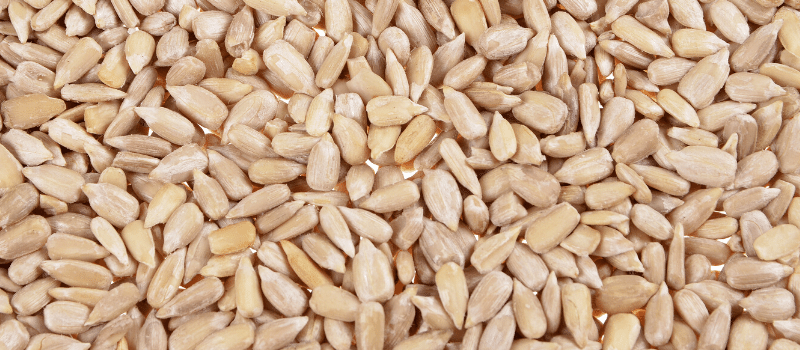
GOOD FOR HAIR?
In one study, people with hair loss experienced a 34.5% increase in the number of hairs on their head after supplementing with vitamin E for 8 months. In comparison, the placebo group actually lost a small amount of hair (.1% decrease).
Big difference!
The researchers attributed Vitamin E’s hair growing effects to its potent antioxidants that reduce oxidative stress in the scalp.
GOOD FOR HEMOCHROMATOSIS?
One reason why people with hemochromatosis feel so sick (and lose their hair) is because the excess iron they’ve absorbed strongly reacts with other chemical compounds in the body. Internally you become inflamed, which is why your organs stop functioning at their best and you experience things like aching joints and hair thinning. Vitamin E combats this! Research shows that vitamin E lowers inflammation caused by iron in the body. It’s a win for hair and a win for hemochromatosis.
HOW TO GET VITAMIN E?
Eat sunflower seeds, avocados, spinach, swiss chard, almonds, and peanuts.
Supplement with HUM RED CARPET which combines vitamin E with black currant seed oil for maximum absorption and hair growth benefits.
BLACK CURRANT SEED OIL
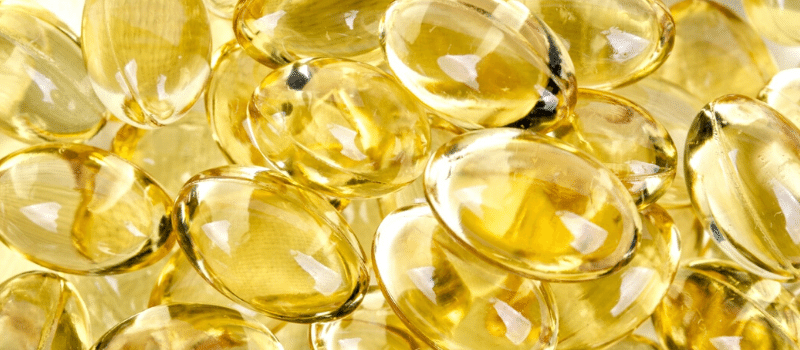
GOOD FOR HAIR?
Black currant seed oil is a natural source of the omega-3 fatty acid “ALA” and the omega-6 fatty acid “GLA.”
ALA supports your cardiovascular system. Healthy blood flow is a key component of hair growth for oxygen and nutrient delivery to the scalp and hair follicles.
GLA sustains cell structure and function, which promotes hair growth by preserving healthy scalp cells. Penn State says GLA is in the category of fats that “help stimulate skin and hair growth.” Dr. Weil says GLA from black currant seed oil can alleviate “hair problems including dryness, brittleness, thinning, or splitting.”
In one study, a group of 80 women with mild hair loss took a supplement made of omega 3’s, omega 6’s, and antioxidants for 6 months. Black currant seed oil – because it contains significant amounts of all of these – was one of the main ingredients used.
- 89.9% reported a reduction in hair loss
- 86.1% got a wider hair strand diameter
- 87.3% experienced increased hair density
The researchers came to this conclusion, “A 6-month supplementation with omega 3&6 and antioxidants acts efficiently against hair loss … Objectively measured improvements were confirmed by the subjects’ perception of efficacy.”
Bada bing bada boom.
GOOD FOR HEMOCHROMATOSIS?
The answer to this question was a little tricky for me to figure out. At first, I thought heck no because black currants (the fruit) have 3x the amount of vitamin C as an orange, which is not ideal people with hemochromatosis because of complications with iron absorption.
However, after doing a lot of reading, I discovered that the oil that gets pressed from the seeds is, nutritionally speaking, much different than the fruit itself. Black currant seed oil is (in my humble opinion) perfect for anyone with hemochromatosis.
For starters, the ALA in black currant seed oil blocks iron absorption a bit. (Woo!!!)
And the GLA in black currant seed oil is anti-inflammatory. (Party!!!)
But here’s the BIG thing that puts black current seed oil at the top of the list: POLYPHENOLS, those helpful chemical compounds that are also found in foods like green and black tea, cacao, blueberries, apples, and red wine. Polyphenols reduce inflammation and block iron absorption, and black currant seed oil has a high concentration of them. In particular, black currant seed oil contains a special type of polyphenol called QUERCETIN. Quercetin inhibits iron absorption and has been studied as a remedy for hemochromatosis because it lessens injuries created by iron-overload.
HOW TO GET BLACK CURRANT SEED OIL?
Try HUM RED CARPET. It’s a combination of vitamin E and black currant seed oil so you get two hair growth boosters in one.
PROCYANIDINS

GOOD FOR HAIR?
Speaking of polyphenols, procyanidins also fall into that group of miracle-working “plant chemicals.” Procyanidins are abundant in apples.
Procyanidin B2 “may be one of the safest and most effective natural biological agents for inducing hair growing activity,” says Angeline A. De Leon of the Natural Health Research Institute.
In a study of the annurca apple – a type of apple from Italy with one of the highest contents of procyanidin B2 – researchers determined that eating annurca extract “ignites” keratin production in hair follicles. Consuming this extract “stimulates hair growth, hair number, hair weight and keratin content in healthy human subjects.”
Want to know the results when 250 patients with hair loss took a supplement made of procyanidin b2 from the annurca apple, along with biotin, zinc, and selenomethionine? Hair density increased by 125.2%, hair weight increased by 42.1%, and keratin content increased by 40.1% only 2 months after starting!
GOOD FOR HEMOCHROMATOSIS?
You’ve heard me RAVE about polyphenols before. Some types of polyphenols prevent iron from getting absorbed by your gut when you eat food and others fight free radical damage. More and more studies are connecting the dots on how these plant chemicals can be healing for people suffering from iron overload.
HOW TO GET PROCYANIDINS?
What to eat? Apples provide the highest levels, but you can also get procyanidins easily from cinnamon and grapes. Grape seed extract is brimming with procyanidins and other healthful polyphenols for people with hemochromatosis.
BIOTIN
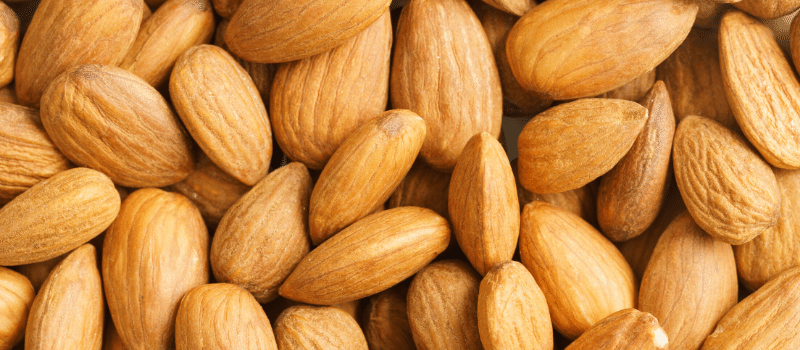
GOOD FOR HAIR?
There’s been a decades-long debate over biotin’s efficacy at growing hair. Hair stylists and celebrities have lauded biotin (also known as vitamin H and vitamin B7 because no one agrees on what to call it) as their go-to for luscious locks worthy of the red-carpet. Meanwhile, scientists have disagreed. Now it seems biotin is on the rise as medical professionals are starting to embrace it.
For example, Cleveland Clinic says: For years, dermatologists have quietly prescribed a B vitamin called biotin for hair loss, despite a lack of studies showing its benefit. Why? Because it works. “We find biotin to be very helpful for hair disorders,” says dermatologist Wilma Bergfeld, MD. “It also makes nails thicker, and oral biotin is exceedingly safe, even in large doses.”
In a review of scientific studies on biotin, researchers stated, “We found 18 reported cases of biotin use for hair and nail changes. In all cases, patients receiving biotin supplementation had an underlying pathology for poor hair or nail growth. All cases showed evidence of clinical improvement after receiving biotin.”
GOOD FOR HEMOCHROMATOSIS?
Biotin doesn’t do anything to mess with your iron levels (thank the heavens!). It’s a necessary nutrient for body functions like converting your food into energy, balancing your blood sugar, and building healthy fats in your skin.
HOW TO GET BIOTIN?
Biotin is found in plenty of foods, but my personal favorite source of biotin is almonds. One serving of almonds contains 49% of your daily biotin requirement. Other food sources of biotin that are great additions to the hemochromatosis diet include walnuts, peanuts, oats, mushrooms, and cauliflower.
To supplement with biotin, try Pure Encapsulations Biotin. It’s third party-tested by independent labs to ensure purity and it doesn’t contain any questionable fillers.
GREEN TEA
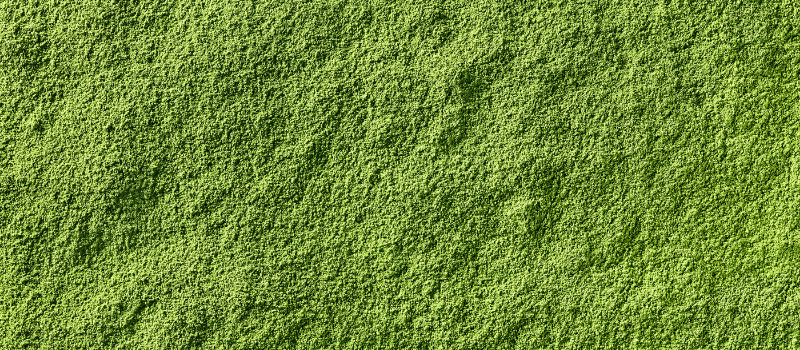
GOOD FOR HAIR?
Drinking green tea keeps blood vessels healthy. Green tea “dilates” the arteries in your body, improving the flow of blood through your blood vessels. Studies show that green tea is able to specifically promote blood flow directly to your skin.
Lack of blood flow to the skin and scalp may be one of the causes of hair loss. Research has found that “increasing blood flow to the scalp helps stave off baldness.” Getting blood to circulate to the skin improves skin hydration, nutrition, and oxygen levels – which helps hair grow.
GOOD FOR HEMOCHROMATOSIS?
You should always have green tea stocked in your pantry if you have iron overload. Drinking tea is recommended by doctors and hemochromatosis institutions. If you haven’t already heard about the benefits of green tea for hemochromatosis, learn more here!
HOW TO GET GREEN TEA?
Try sipping on Pukka Supreme Matcha Green, or if you like powdered matcha tea, then Golde’s Pure Matcha is for you.
Not a tea drinker? My recommendations are Pure Encapsulations Green Tea Extract or Gaia Green Tea supplements if you want the convenience of taking a supplement without compromising any of green tea’s benefits.
Want more green tea recommendations? Go here.
PLANT-BASED PROTEIN
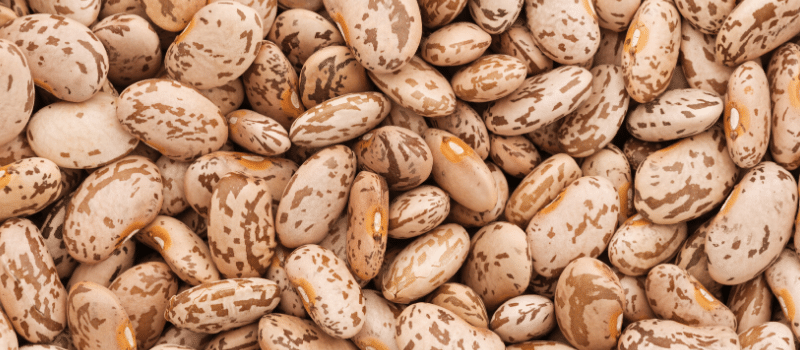
GOOD FOR HAIR?
Hair is made of keratin – a type of protein your body makes itself. First, it breaks down the protein from the foods you eat into amino acids. Then the body puts those amino acids back together in the form of keratin, which creates your hair strands.
Not surprisingly, a lack of protein is tied to hair loss. If you don’t have enough protein, your body will ration out its protein stores according to what body functions matter most. Unfortunately your hair is low on the list, says Fatima Cody Stanford, M.D., M.P.H.
GOOD FOR HEMOCHROMATOSIS?
Finding the “right” protein sources can feel confusing for people with hemochromatosis because high protein foods are almost always high iron foods.
A great way to get your protein without having to worry so much about your iron levels rising is to keep it plant-based. Whenever you can, choose plant protein over animal protein.
Why?
Animal protein contains heme iron. As someone with hemochromatosis, you absorb 80-100% of heme iron from meat; that’s a much higher absorption rate than the average person who only absorbs 15-35%.
Plant protein contains only non-heme iron. People with hemochromatosis absorb around 30% of non-heme iron because our bodies are able to regulate our absorption of plant-based iron better than animal-based iron.
Eating plant protein instead of animal protein when possible will allow you to get the protein you need while keeping your iron levels under control.
HOW TO GET PLANT-BASED PROTEIN?
Here are some of my preferred sources of plant protein:
- pinto beans
- kidney beans
- almonds
- walnuts
- sunflower seeds
- tofu
- quinoa
- buckwheat
- nutritional yeast (make sure you get the kind that hasn’t been fortified with iron…I like this one)
If you want to supplement your diet with protein powder or other protein-products, that’s okay, but be wary! These products often contain a ton of additives, including sweeteners, flavorings, acids, and other ingredients that may increase your iron absorption or might just be unhealthy. One protein supplement that I do approve of is Philip Kingsley’s PK4 Soya Protein Boost, which was formed by trichologists (hair and scalp specialists) as a booster for hair condition and quality.
CBD OIL
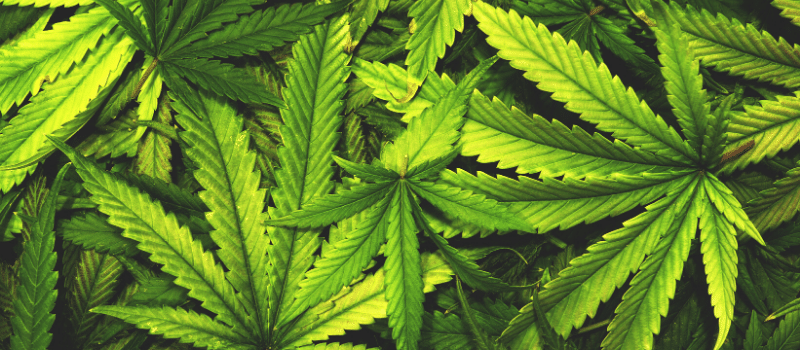
GOOD FOR HAIR?
If you think stress may be a contributing factor to your hair loss, then CBD – a compound derived from hemp plants – could be a great option for you.
Experiencing high stress levels – whether from your job, family, or a traumatic experience – interferes with your hair growth cycle by transitioning your hair out of its “growing phase” and into its “resting phase.”
This is reversible! You just need to get your stress under control to give your hair a chance to grow.
While de-stressing can take several forms – like yoga, meditation, deep breathing, going on walks – one of the buzziest and most intriguing new methods to relax is CBD oil. CBD won’t get you high, but it can calm you down.
There’s evidence that CBD lowers anxiety and helps you sleep.
The National Institute on Drug Abuse says, “CBD has shown therapeutic efficacy in a range of animal models of anxiety and stress, reducing both behavioral and physiological (e.g., heart rate) measures of stress and anxiety.”
GOOD FOR HEMOCHROMATOSIS?
Yes yes yes!
First off, feelings of stress and anxiety are symptoms of hemochromatosis, so adding CBD to your wellness routine may help with this.
Secondly, CBD is a proven pain remedy. Pain – whether it be joint pain, muscle pain, abdominal pain – is something I’m sure you know too well as a result of having iron overload.
HOW TO GET CBD OIL?
I like taking CBD as a tincture. It’s easy to to add a dropper-full to water, tea, and smoothies.
Currently I’m a big fan of…
RUNNER UP: ZINC
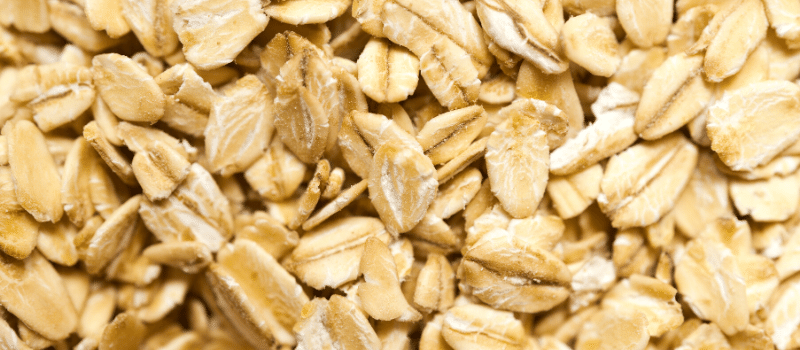
GOOD FOR HAIR?
Zinc deficiency can lead to hair loss.
Taking a zinc supplement can reverse hair loss. When patients with alopecia areata (a type of baldness where the hair falls out in small patches) took zinc for 3 months, 59% saw their hair come back. This was followed by taking a placebo for 3 months, and those who had regrown their hair from the zinc didn’t lose it!
When the same study was flipped, researchers saw similar positive results from the zinc. This time, they had people start off with the placebo for 3 months – 10% saw regrowth. After the placebo, patients took zinc for 3 months, and 67% experienced regrowth.
GOOD FOR HEMOCHROMATOSIS?
Did you know that zinc and iron compete against each other to get absorbed by the body?
Zinc and iron both need to bind to the same molecule that transports them from your food into your bloodstream. That’s why zinc has been proposed as a “protective agent in iron overload disorders.” By eating more zinc, we can decrease our intake of iron. On top of that, zinc prevents some cellular damage associated with excess iron.
Sanford Medical Center recommends that people with hemochromatosis take a daily zinc supplement.
But there’s one catch when it comes to zinc, which is why it’s the “runner up” on this list.
Similar to iron, zinc is a trace element, meaning we only need traces of it. Not getting enough is bad, but getting too much can also cause serious damage. And interestingly, some people (not all) with iron overload also experience zinc overload in their liver. The same mechanism that provokes the body to store excessive amounts of iron also triggers the over-storage of zinc.
So upping zinc consumption is NOT for everyone. Talk to your doctor about your zinc levels!
HOW TO GET ZINC?
While zinc is plentiful in fish and meat, my favorite sources of zinc are oatmeal, tofu, and pecans. Looking for a supplement? Try Yuve Zinc.
FINAL THOUGHTS
Some symptoms of iron overload won’t simply fix themselves after you donate a few (or a few dozen!) pints of blood. When it comes to something as frustrating (and potentially long-lasting) as hair loss, you may be looking for answers beyond getting routine phlebotomies.
Good nutrition plays a part in restoring your hair cycle, speeding up your hair growth, repairing your hair follicles, and strengthening your hair strands.
If you want to grow your hair back in a safe and healthy way, consider incorporating more of the above vitamins and nutrients into your diet. Don’t forget – supplements should be taken with caution. As someone with iron overload, you know well that TOO MUCH of something can be just as bad (or worse) than TOO LITTLE. Take a blood test to determine your current nutrient levels, and always take supplements under the supervision of your doctor.
Let me know how it all goes!
If you haven’t already, give part 1 and part 2 a read so you know why iron overload causes hair loss and the different approaches to make your hair thicker.
And coming up in part 4 we’ll talk all about topical treatments for hair growth – like shampoos, serums, and hair oils. I can’t wait!
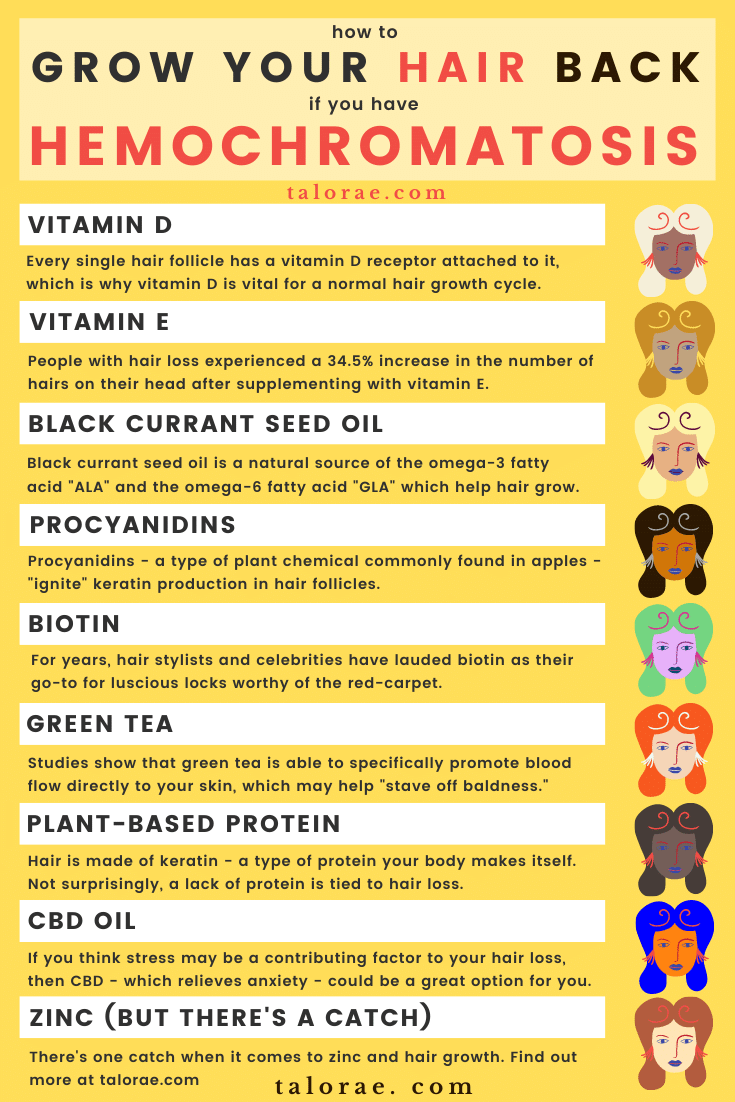

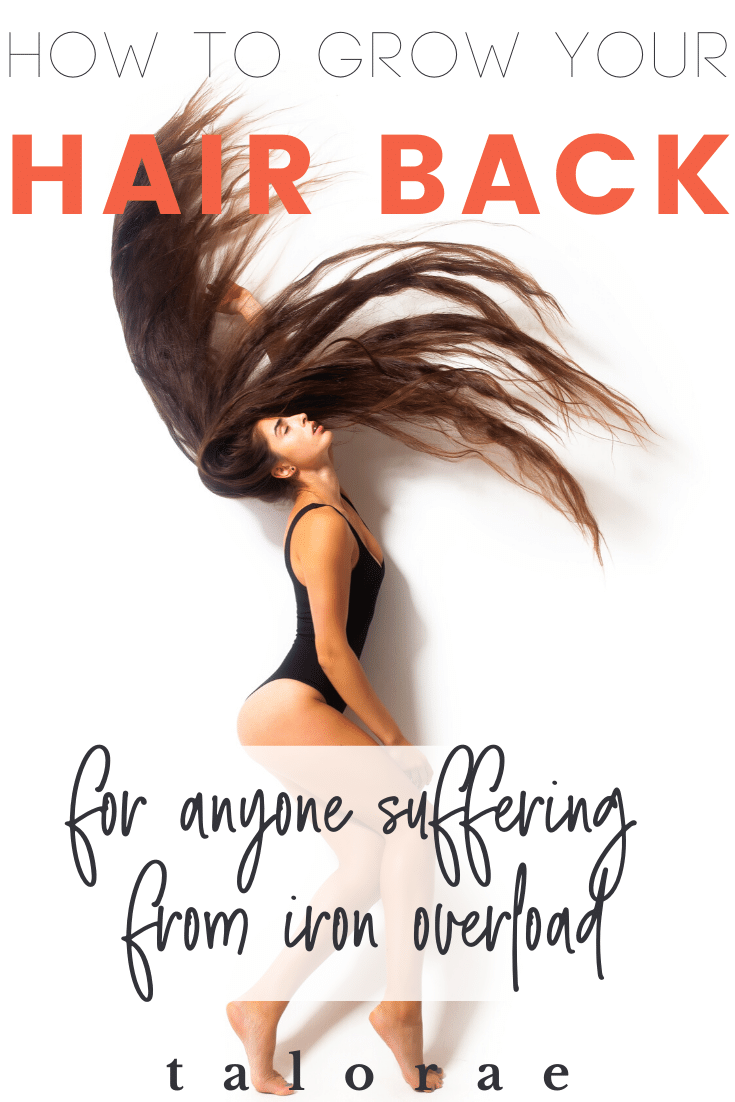
The views expressed in this post are for informational purposes only. This post is not, nor is it intended to be, a substitute for professional, medical, or nutritional advice, diagnosis, or treatment, and should never be relied upon for professional, medical or nutritional advice, diagnosis, or treatment.
No content on talorae.com, including but not limited to pictures, graphics, videos, and text, may be republished or distributed, for financial gain or not, without my written permission.
As an Amazon Associate I earn from qualifying purchases. The above content may contain affiliate links, meaning I do get a commission when you make a purchase through those links. There is no additional cost to you. Please read my disclaimer for more info.
